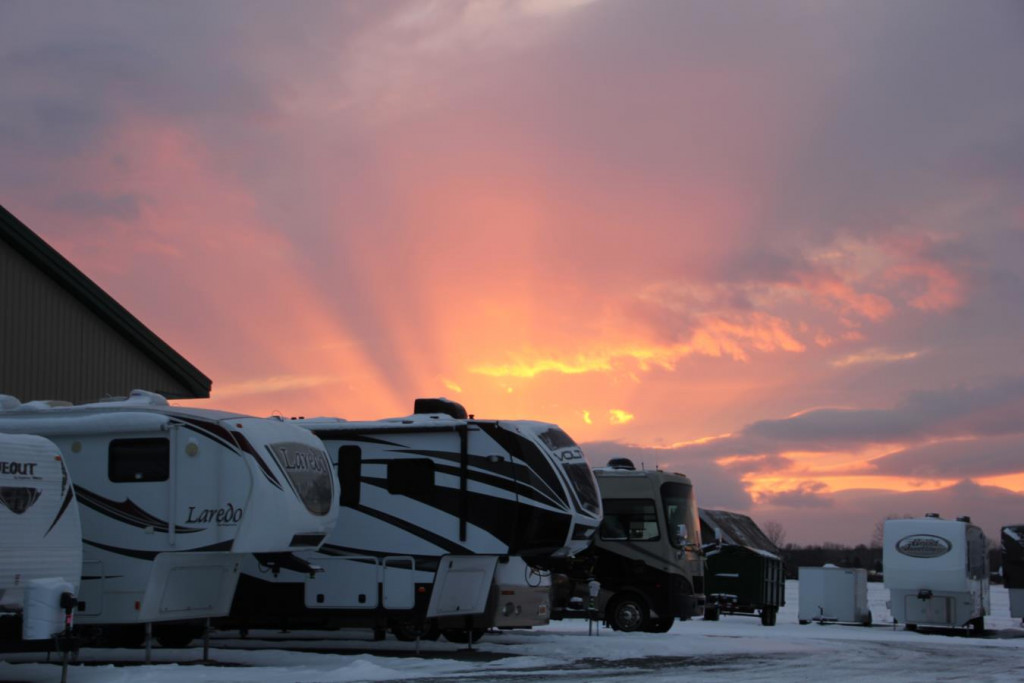// <![CDATA[
var gtm4wp_datalayer_name="dataLayer";var dataLayer=dataLayer||[];
// ]]>
While most of us will not need ANY of the content provided below, there are some of our families that DO come visit Blue Haven during the off season. We hope that this collection of ideas can help you brave the elements and actually get some use out of your camper during the non-traditional camping season!
Cold Weather Camping Tips & Tricks
// // <![CDATA[
window._wpemojiSettings = {"baseUrl":"https:\/\/s0.wp.com\/wp-content\/mu-plugins\/wpcom-smileys\/twemoji\/2\/72×72\/","ext":".png","svgUrl":"https:\/\/s0.wp.com\/wp-content\/mu-plugins\/wpcom-smileys\/twemoji\/2\/svg\/","svgExt":".svg","source":{"concatemoji":"https:\/\/s2.wp.com\/wp-includes\/js\/wp-emoji-release.min.js?m=1625065786h&ver=5.8.2"}};
!function(e,a,t){var n,r,o,i=a.createElement("canvas"),p=i.getContext&&i.getContext("2d");function s(e,t){var a=String.fromCharCode;p.clearRect(0,0,i.width,i.height),p.fillText(a.apply(this,e),0,0);e=i.toDataURL();return p.clearRect(0,0,i.width,i.height),p.fillText(a.apply(this,t),0,0),e===i.toDataURL()}function c(e){var t=a.createElement("script");t.src=e,t.defer=t.type="text/javascript",a.getElementsByTagName("head")[0].appendChild(t)}for(o=Array("flag","emoji"),t.supports={everything:!0,everythingExceptFlag:!0},r=0;r
// // <![CDATA[ Mark Polk from RV 101 is one of the leading Educational sources for RV information. Most of this article is a collection from his work combined into an abridged version here for our campers, but please check out his work using the links listed below. If you’re like me, you enjoy using your camper as much as possible throughout the year. This includes taking trips during the colder winter months so you can enjoy the beautiful winter scenery and activities like, snow-skiing, ice-fishing and snowmobiling. Winter trips are lots of fun, especially when you and your camper are prepared for the cold weather. When winter approaches each year we get asked a lot of questions about using your camper in cold temperatures. To answer some of these questions would require more than just a short article, and there are no guarantees that your RV can or will be completely protected from the harsh winter elements. With that said I can offer some cold weather RVing tips and tricks that would be helpful if you plan to use your RV during the cold winter months. These tips and suggestions are for short-term winter camping. If you plan on extended stays in cold weather there are many other precautions and measures that need to be considered, like using insulated skirting around the bottom of the camper to help protect items from freezing. Caution: Carbon monoxide is deadly. You cannot see it, taste it or smell it. Never use your range burners or oven as a source of heat. If your camper is not equipped with a carbon monoxide detector you should purchase a battery-operated model designed for use in RVs. Always test the carbon monoxide detector for proper operation before each trip and check the CO detector expiration date. You also need to be aware of the symptoms of carbon monoxide poisoning: Here are a few more cold-weather RV tips and tricks in no particular order: RV Education 101 http://rveducation101.com/
var actionbardata = {"siteID":"32409916","siteURL":"https:\/\/rvingwithmarkpolk.com","xhrURL":"https:\/\/rvingwithmarkpolk.com\/wp-admin\/admin-ajax.php","nonce":"14c545319d","isLoggedIn":"","statusMessage":"","subsEmailDefault":"instantly","proxyScriptUrl":"https:\/\/s0.wp.com\/wp-content\/js\/wpcom-proxy-request.js?ver=20211021","shortlink":"https:\/\/wp.me\/p2bZiA-NJ","i18n":{"followedText":"New posts from this site will now appear in your Reader”,”foldBar”:”Collapse this bar”,”unfoldBar”:”Expand this bar”}};
// ]]>// <![CDATA[
window.addEventListener( 'DOMContentLoaded', function() {
rltInitialize( {"token":null,"iframeOrigins":["https:\/\/widgets.wp.com"]} );
} );
// ]]>
RV DIY® Channel http://rvdiychannel.com/
Follow us on FACEBOOK http://www.facebook.com/pages/RV-Education-101/77344605305

